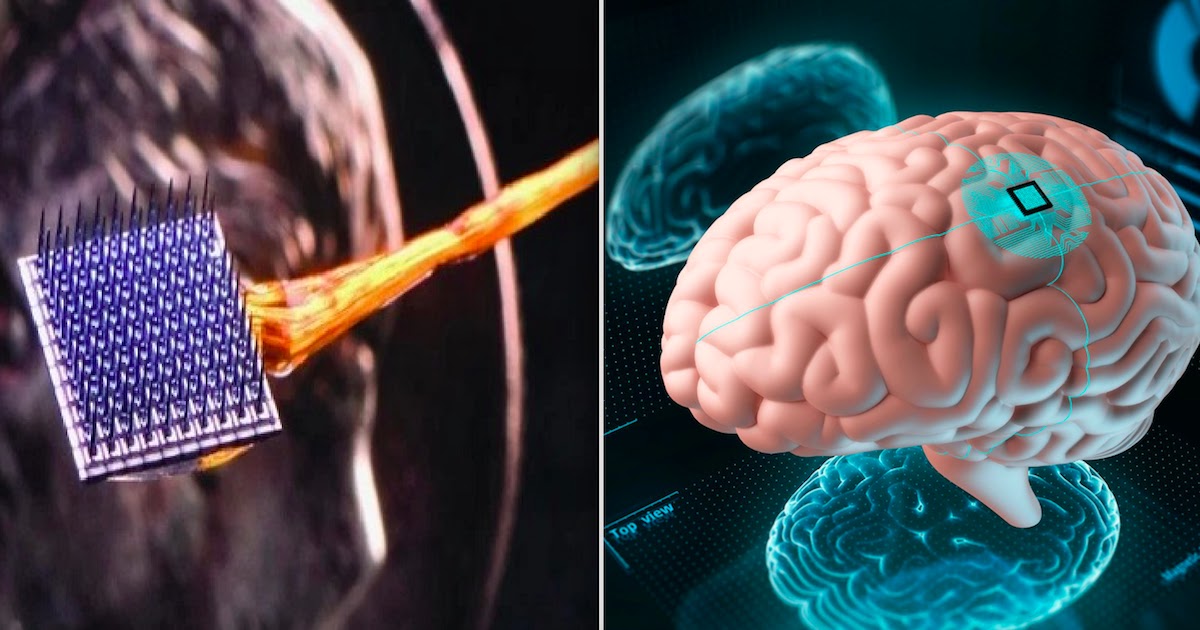
A man who has been completely paralysed from the neck down since 2007 has successfully written on a computer using only the power of his mind. The remarkable breakthrough could completely change the lives of thousands of people across the world.
Called 'BrainGate', the device uses artificial intelligence to measure brainwaves generated by the individual as they imagine handwriting in their mind. The electrodes then pick up these signals and type them out on a computer.
The 65-year-old man in the study was successfully able to produce writing that was 94% accurate. This increased to 99% accurate with autocorrect enabled. The technique also means that those people who are no longer able to talk can accurately communicate with the outside world. The man in the study could also type at roughly the same speed as someone of his age on a mobile telephone, meaning that it does not take a very long time for a communication to be created.
Frank Willett, a neural prosthetics researcher from Stanford University, who led the study, said of the findings:
"This new system uses both the rich neural activity recorded by intracortical electrodes and the power of language models that, when applied to the neurally decoded letters, can create rapid and accurate text."
"We've learned that the brain retains its ability to prescribe fine movements a full decade after the body has lost its ability to execute those movements… And we've learned that complicated intended motions involving changing speeds and curved trajectories, like handwriting, can be interpreted more easily and more rapidly by the artificial-intelligence algorithms we're using than can simpler intended motions like moving a cursor in a straight path at a steady speed."
The researchers conclude their piece by saying:
"Our results open a new approach for BCIs and demonstrate the feasibility of accurately decoding rapid, dexterous movements years after paralysis. We believe that the future of intracortical BCIs is bright."
The device could soon be used by hospitals and individuals across the world and could be an extremely lucrative business for those who have invented the device.
[Based on reporting by: science alert]














COMMENTS